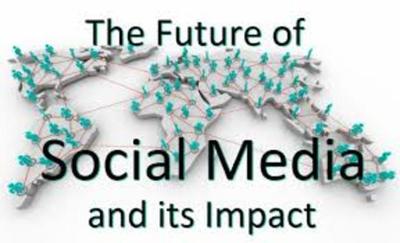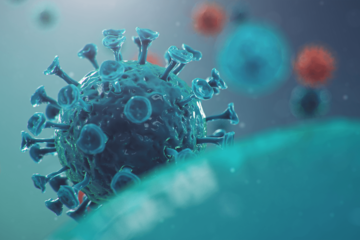We found 58 results that contain "time"
Posted on: #iteachmsu

ASSESSING LEARNING
What Is the Real Impact of Social Media?
Posted by:
Chathuri Super admin..

Posted on: #iteachmsu

Assessing Learning
challenge management
Posted by:
Chathuri Hewapathirana

Posted on: #iteachmsu

Pedagogical Design
Sentiment analysis for product rating
Posted by:
Chathuri Super admin..

Posted on: #iteachmsu

Navigating Context
Dynamic ecological system measures: A holistic analysis of compartmental systems
Posted by:
Greg Thomsan

Posted on 1: #iteachmsu

Dynamic ecological system measures: A holistic analysis of compartmental systems
NAVIGATING CONTEXT
Posted by:
Greg Thomsan

Posted on: #iteachmsu

How Iceland hammered COVID with science
Posted by:
Chathuri Super admin..

Posted on 1: #iteachmsu

How Iceland hammered COVID with science
Posted by:
Chathuri Super admin..

Posted on: #iteachmsu

Assessing Learning
COVID-19 and impact
Posted by:
Chathuri Hewapathirana

Posted on: #iteachmsu

Navigating Context
The economic impact of COVID-19
Posted by:
Chathuri Hewapathirana

Posted on: #iteachmsu

Health and Nutrition Tips
Posted by:
Chathuri Super admin..

Posted on 1: #iteachmsu

Health and Nutrition Tips
Posted by:
Chathuri Super admin..

